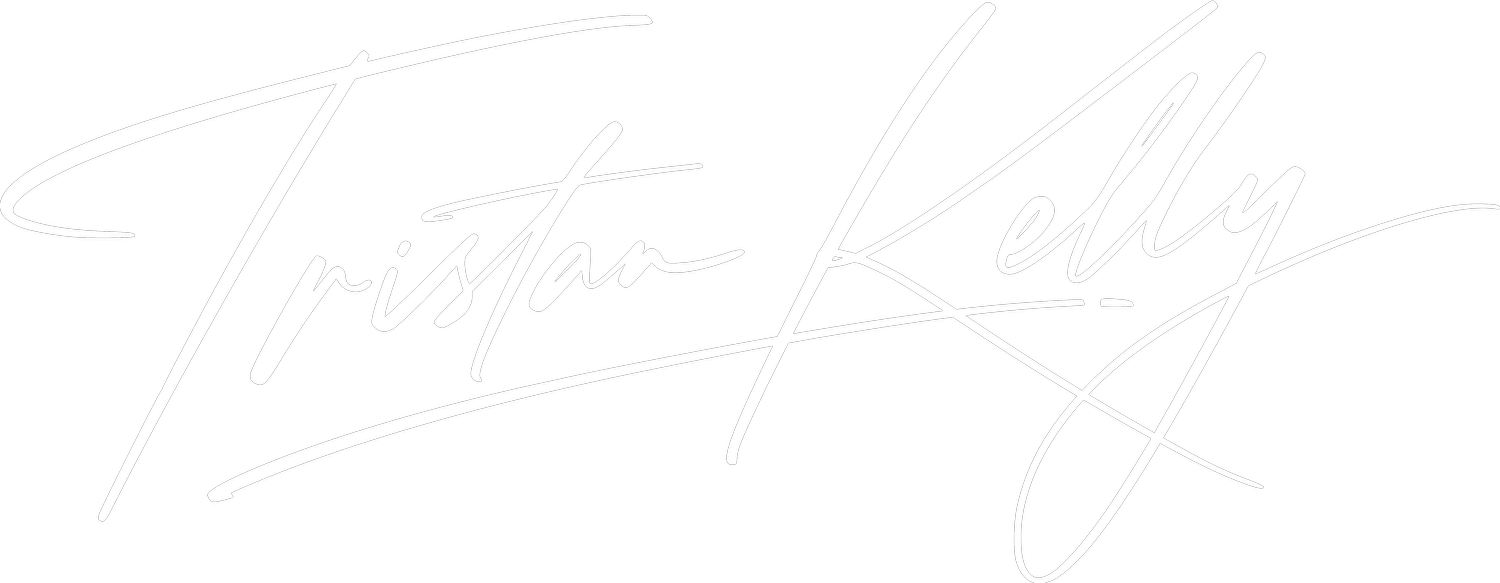Customer service is vital for long-term client relationships. But who pays for it?
Customer service is the provision of service to customers before, during, and after a purchase. The perception of such interactions' success depends on the quality of the employees involved in the exchange.
Customer service is primarily thought of in relation to consumer brands. With consumer brands, the duration of the sales process is relatively short. There's an element of research from the customer and a brief interaction with a salesperson (or, more increasingly, an online shopping cart). As long as the product delivers on its promise, then that is the end of the process. When products or services fail, after-sales care is required. This is often where the biggest frustration lies and where consumer brands can make or break their reputation. With the power of social media, brands are clearly keen to avoid negative feedback affecting future sales.
I'm not alone in being seduced by a brand's marketing into wanting to make a purchase, only to be put off completing the sale after reading negative reviews.
In the service sector, the duration of the sales process can last many years, with the entire duration of the contract length being the after sales stage.
Having been involved in the bidding process for many years, I've noticed a gradual change in the tender requirements from prospective clients. In the past, a potential service provider was mainly judged on their operational capabilities and health & safety record. Now, service providers are asked to provide detailed responses on how they will benefit the clients' sustainability and environmental objectives and what contributions the service provider will make towards the clients' corporate social responsibility. The service provider must also detail their strategy for providing social value to the local community and the employee reward and recognition schemes that will increase staff motivation and well-being.
However, these worthy altruistic aims aren't always in line with the commercial constraints of the tender process. With many tenders being awarded to the most economical bidder (AKA, the cheapest), it's hard to see how these benefits and added value can be provided. With little financial benefit in the contract, the service providers' focus will naturally be drawn towards cost-saving and upselling to drive returns for business owners and shareholders. The inevitable loser is the customer or, worse still, the low paid team who are delivering the service.
The key then is clearly to strike a balance between providing a commercial benefit to the client and delivering on both organisations' social and environmental targets. To use an American term, both parties need to have skin in the game.
During the pandemic, cleaning and security personnel's perceived value has risen, with many businesses relying entirely on their services to remain both open and safe for the public. I hope that as we transition out of lockdown fully during the next two months and return to business as usual, we reflect on the human values that have been evident over the last year and strive to create mutually beneficial relationships between supplier and client. Partnerships that allow our frontline teams to deliver excellent customer service.
During my first week as Head of Marketing at Carlisle, I attended a half-yearly conference where Paul Wearmouth was the guest speaker. His session was very insightful and promoted creating WOW Customer Service, which helps companies stand out from the competition by integrating key WOW moments within the sales cycle to increase customer loyalty and generate greater buy-in.
Companies that can develop induction and training programmes that focus on putting customers first and back that up with comprehensive reward and recognition schemes will undoubtedly have the edge. The key element of the reward package should be a wage rate in line with the Living Wage Foundations' recommended pay rate.
Organisations that promote being sustainable and ethical while limiting the ability of their service providers to pay a morally and economically correct pay rate clearly have some soul searching to do and need to correct the imbalance.
“The most important human endeavour is the striving for morality in our actions. Our inner balance and even our very existence depend on it. Only morality in our actions can give beauty and dignity to life.”




